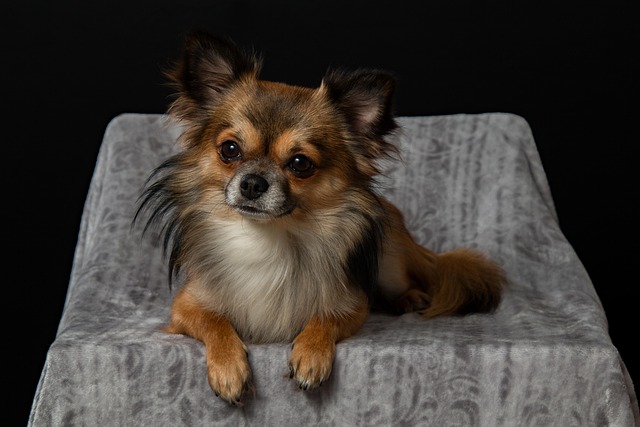
Can I use coconut oil to make hair conditioner for my dog
If you’ve ever finished bathing your dog, reached for the bottle of dog conditioner, and realized it’s empty—staring at a jar of coconut oil in your pantry instead
You might've seen your local groomer in California spritz Fido with a spray bottle during his wash, catching a faint whiff of something sharp – like salad dressing gone rogue. Before worrying they're pickling your pup, relax! Using diluted vinegar, particularly apple cider vinegar (like the Bragg's brand many health-conscious owners recognize), is a common, science-backed grooming trick with specific benefits. The mild acidity helps restore the natural pH balance of your dog's skin after shampooing, creating an environment less hospitable to yeast or bacteria that cause those stinky paws or itchy ears Buddy keeps shaking his head about. Think of it like a natural, gentle toner after cleansing. For breeds prone to tangles, like your neighbor's Shih Tzu, a light vinegar-water mist acts as a natural detangler, smoothing the hair shaft and making brushing less of a battle. It also helps neutralize stubborn odors clinging to the coat – say, after your Lab discovered a particularly fragrant mud puddle in Central Park.
The key is using it correctly and safely. Professionals always dilute it significantly – typically 1 part vinegar to 10 parts lukewarm water is the safe sweet spot for most dogs. They'll avoid sensitive areas like eyes, nose, and open sores. A quick test patch on your dog’s inner leg is wise if trying this at home, especially for pups with known skin sensitivities (a vet check is crucial for persistent issues). Some groomers might opt for citric acid solutions for extra-sensitive cases. Application is usually a light misting during the rinse cycle or a final conditioning spray, followed by thorough water rinsing to prevent any sticky residue. Never use straight vinegar – its high acidity is far too harsh. For home use, invest in a clean spray bottle clearly labeled with the dilution ratio. This approach aligns perfectly with modern, force-free grooming philosophies – it’s a calm, non-invasive step, not a punishment.
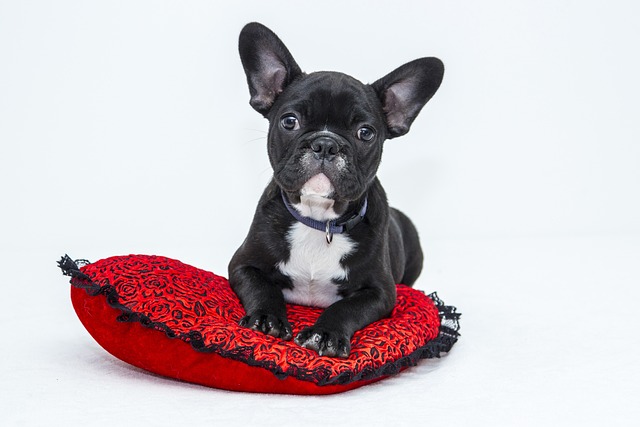
Understanding why groomers reach for the vinegar bottle highlights its role in safe, natural pet care within American norms. Using gentle, non-toxic solutions like diluted vinegar instead of harsh chemical deodorizers reflects a commitment to animal welfare expected in the US. Remember, positive reinforcement remains king; spraying vinegar near a fearful dog’s face to stop barking would be unacceptable. Compliance-wise, keeping up with rabies vaccinations isn't just good sense for grooming appointments – it’s the law nationwide. And whether you're in a Seattle apartment building or walking through a Chicago suburb, always carry biodegradable poop bags. Senior dogs or those with health issues might need more frequent potty breaks, so being prepared is part of responsible, considerate ownership. In shared living spaces, natural solutions like vinegar rinses also help minimize chemical residues on carpets or furniture your pup naps on, contributing to better indoor air quality for everyone.
So, next time you smell that tangy scent at the groomer’s, know it’s likely a calculated step for skin health and coat manageability, not a weird marinade! It’s a testament to groomers using safe, effective, natural knowledge alongside modern techniques. Always discuss any home grooming plans, including vinegar use, with your groomer or vet, especially if your dog has skin conditions. It’s one simple tool in the kit for keeping your furry family member clean, comfortable, and smelling fresh the natural way.

If you’ve ever finished bathing your dog, reached for the bottle of dog conditioner, and realized it’s empty—staring at a jar of coconut oil in your pantry instead

If you’re a new dog parent in the US—maybe you’re sitting on your New York apartment floor, watching your 1-year-old Golden Retriever
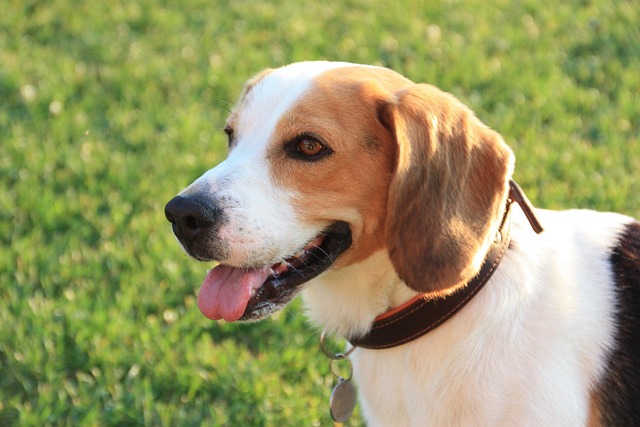
If you’re a new dog parent in the US—maybe you’re sitting on your Arizona apartment floor, holding your 6-month-old Beagle’s ear open with one hand
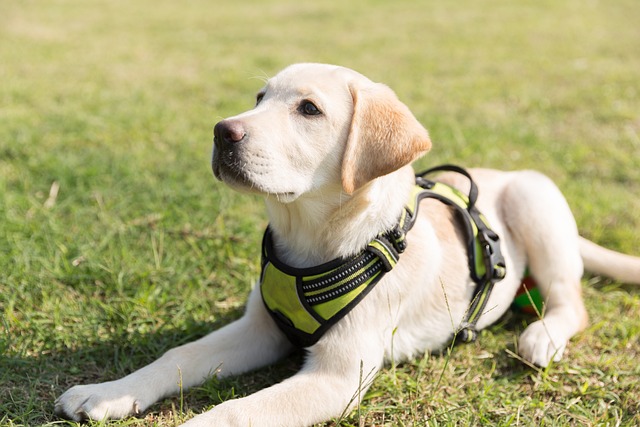
Most Labrador owners start wondering about their pup’s coat change around the time those tiny paws turn into bigger, more energetic ones. Typically, Labs begin losing their soft puppy coat between 4 and 6 months of age.
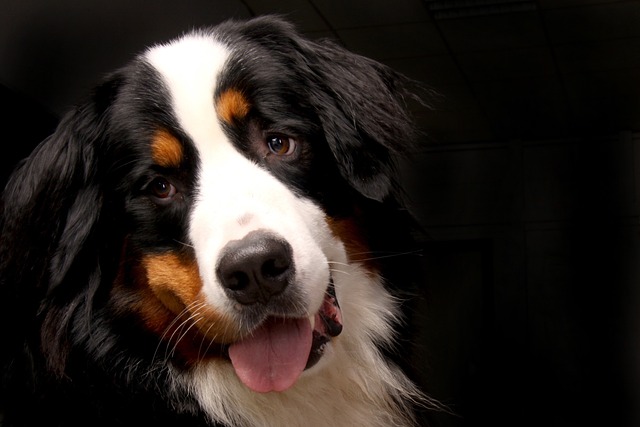
If you’re a new dog parent in the US—maybe you’re staring at your Texas apartment counter, holding a $200 groomer bill for your Goldendoodle’s last trim
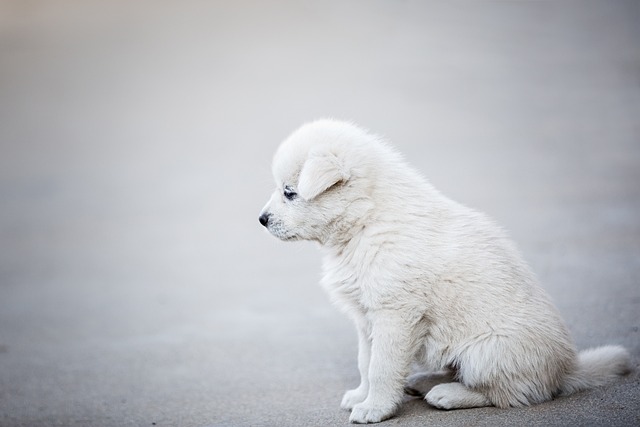
Finding loose fur on your puppy’s bed or your couch can make any new owner pause—wondering if it’s a sign of trouble or just part of growing up.